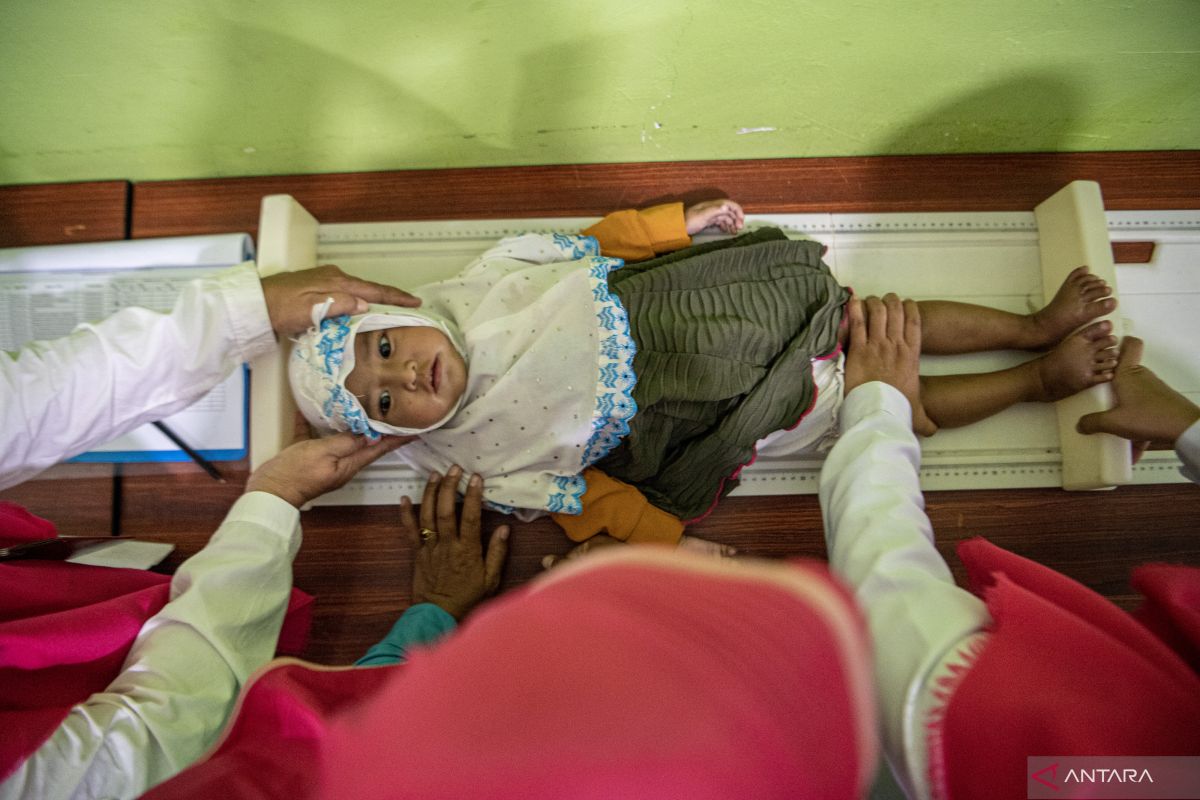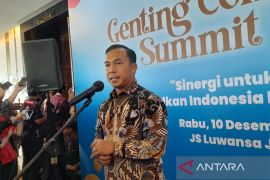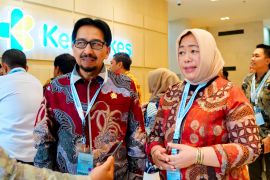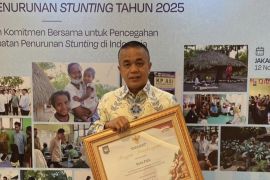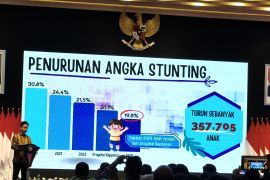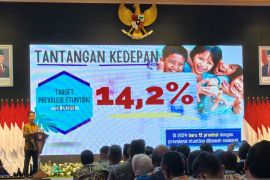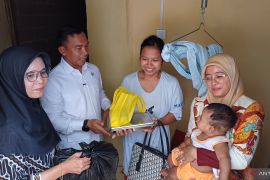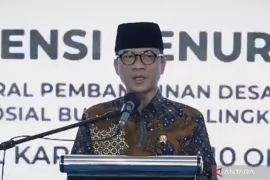This is a serious problem that affects the physical and cognitive growth of children, especially during their developmental period. In the long term, stunting will affect the health, education, and productivity of children in the future.
Hence, efforts to prevent stunting have become a priority in the field of health worldwide. One important approach to preventing stunting is through a comprehensive referral system.
This referral system involves various levels of health services, starting from public health centers (puskesmas) to hospitals and regional hospitals.
The goal is to ensure that children at risk of stunting or those experiencing stunting can receive accurate treatment and intervention based on their needs.
The Ministry of Health has issued a new breakthrough in the form of evidence-based policies to expedite the reduction of stunting by the end of 2022.
This policy is Minister of Health Decree KMK no. HK. 01.07/MENKES/1928/2022 on Stunting Management Medical Service National Guideline (PNPK).
The PNPK has been disseminated to all districts and cities in Indonesia, regulating how to prevent and manage stunting in infants through a tiered referral system, starting from integrated health posts (posyandu) to puskesmas and treatment at regional hospitals.
The implementation of PNPK requires multisectoral support and adequate budget to ensure optimal outcomes.
A tiered referral system for infants has already begun to be implemented in various cities and districts in Indonesia.
This system aims to ensure that every infant receives accurate access to the necessary health treatment they need, thereby reducing the risk of stunting and other health problems that can hinder their growth and development.
According to the ministry's records, a tiered referral system has been implemented in Purbalingga District, Central Java, through collaboration between city and district governments, puskesmas, hospitals, and other stakeholders.
Important steps have been taken to ensure that every infant receives optimal treatment, including special interventions for handling stunting.
Purbalingga has implemented special interventions with three layers of protection to reduce the prevalence of stunting.
According to the Indonesian Nutrition Status Study (SSGI) survey in 2022, the prevalence of stunting in Purbalingga was recorded at 26.8 percent. This prevalence figure had risen by 10 percentage points compared to 16.8 percent in 2021.
The Head of the Purbalingga Health Office, Jusi Febrianto, spoke at length about the three layers of intervention. The first intervention involves providing milk and eggs at every posyandu.
The second intervention involves performing early detection in puskesmas before confirming stunting in children. In the case of stunting, supplements are given for two weeks up to a month.
The third intervention involves the provision of Processed Food for Special Medical Conditions (PKMK), which can only be given by hospitals.
This method has proven to be quite effective in reducing the prevalence of stunting. In Karangaren Village, this method reduced the stunting prevalence from 18 percent to 12 percent in six months.
With sufficient budget, the method is expected to be implemented in 57 other villages in Purbalingga District.
Stunting can also be reduced in Purbalingga District by educating the public to continuously provide information on the growth of their stunted children.
Mothers of stunted children usually deliver this information through text messages or calls, with access to inform health workers about the efforts they have made to reduce stunting.
Mothers of stunted children who have received PKMK intervention reported that their children gained weight in accordance with the doctor's recommendation.
Meanwhile, the provincial government of Magetan District, East Java, allocated Rp800 million (around US$53,348) in 2023 to purchase PKMK due to the high number of infants with stunting in the region.
As people's understanding of stunting handling improves, many parents with stunted children will refer to Sayyidiman Magetan Hospital for treatment in 2023.
Executive Director of Habibie Institute Public Policy and Governance (HIPPG), Widya Leksmanawati Habibie, invited various sectors to participate and care about efforts to reduce the prevalence of stunting.
Cooperation between sectors within the referral system is necessary to save infants from the issue of stunting and its impact.
This is an important step to improve the quality of life for children in Indonesia. In this effort, the central and regional governments, health sector, private sector, communities, and local residents have to work together to handle stunting.
Through close collaboration, the people can create an environment that supports optimal growth for every infant and ensures a healthier and higher quality future generation.
Related news: Stunting: Govt stops allocating budget for biscuit purchase
Related news: Stunting reduction aimed at maintaining mother, child health: BKKBN
Translator: Maria R D P, Fadhli Ruhman
Editor: Anton Santoso
Copyright © ANTARA 2023
